U.S. President Donald Trump has extended sanctions on Russian and Russian-affiliated vessels, according to a U.S. Federal Register document released on April 15 and scheduled for publication on April 17.
Trump has "been continually frustrated" with both Ukraine and Russia as U.S.-led ceasefire negotiations drag on, White House Press Secretary Karoline Leavitt told reporters on April 11. Trump earlier signed an executive order extending sanctions against Russia for one year, originally imposed by former U.S. President Joe Biden in April 2021.
"I am continuing for one year the national emergency with respect to the Russian Federation and the emergency authority relating to the regulation of the anchorage and movement of Russian-affiliated vessels to United States ports," the document says.
On April 9, a bipartisan group of U.S. senators introduced legislation to heighten the enforcement of sanctions against Russia's so-called "shadow fleet" of oil tankers, seeking to crack down on oil revenues that fund Russia's war against Ukraine.
"Russia is continuing its malign actions by operating a 'ghost fleet' to evade U.S. sanctions, enrich its own war machine, and even aid Iranian oil smuggling," one of the sponsors of the bill, Republican Senator Joni Ernst, said.
On April 10, President Volodymyr Zelensky announced a new sanctions package targeting Russia’s “shadow fleet."
The "shadow fleet" aims to circumvent sanctions imposed against Russia and continue flows of oil revenue to Moscow.
"(The sanctions) target, in particular, the shadow tanker fleet that Moscow uses to finance the war; war propagandists — those who are trying to undermine our defense and help Russia; and also certain officials — these are names well known to all Ukrainians — who used to have influence," Zelensky said.
Trump’s Ukraine peace push is really about business — and Putin knows it
The American and Russian delegations that just met in Istanbul had made it clear that they were there to discuss the normalization of their diplomatic missions’ work, not the war in Ukraine. But such engagement is a clear corollary to U.S. President Donald Trump’s efforts to negotiate an

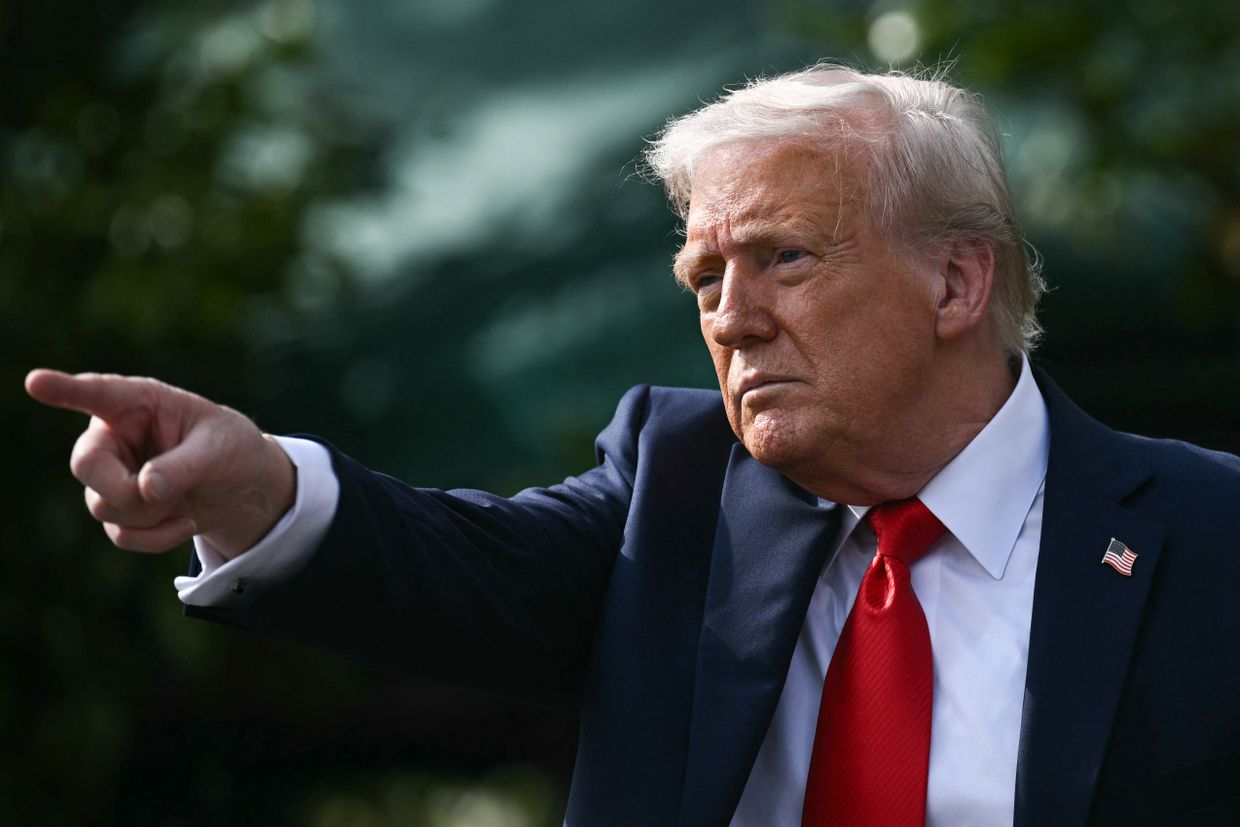
.png)
 German (DE)
German (DE)  English (US)
English (US)  Spanish (ES)
Spanish (ES)  French (FR)
French (FR)  Hindi (IN)
Hindi (IN)  Italian (IT)
Italian (IT)  Russian (RU)
Russian (RU)  2 days ago
5
2 days ago
5
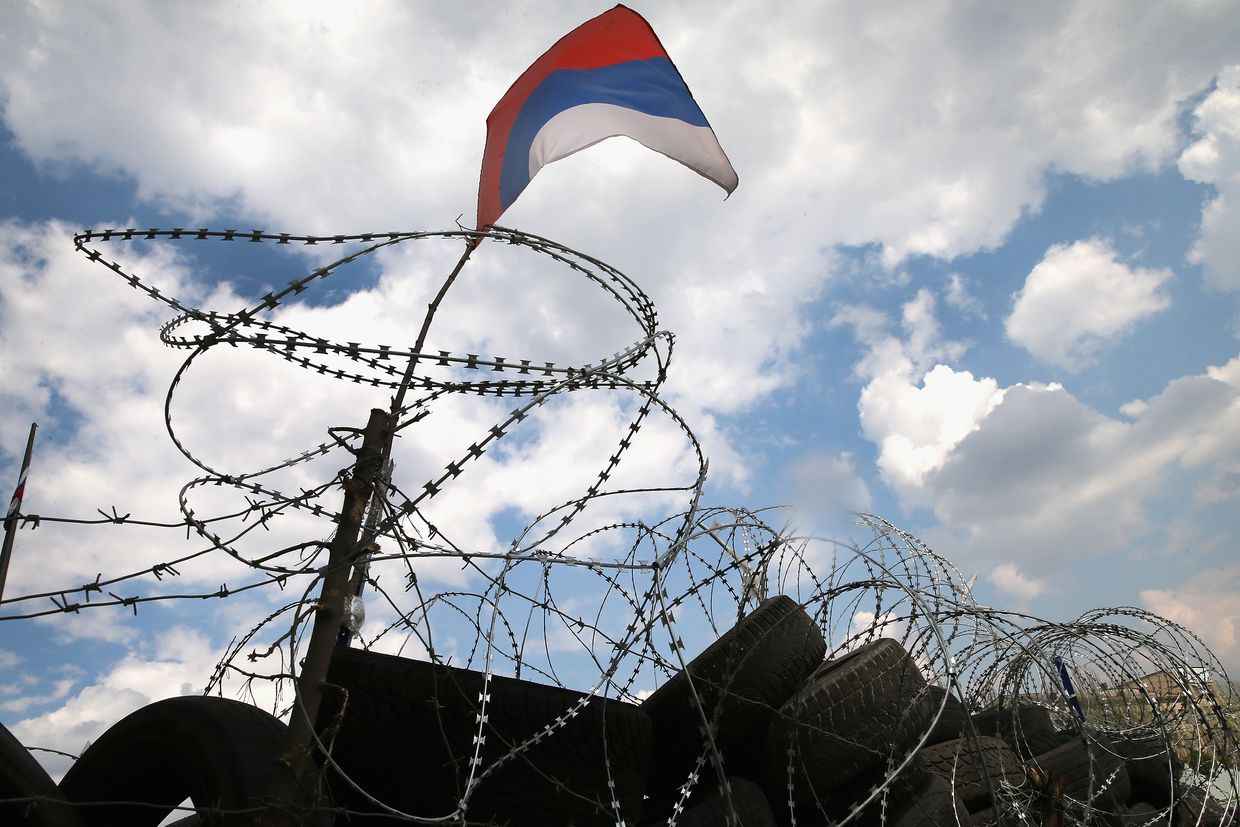
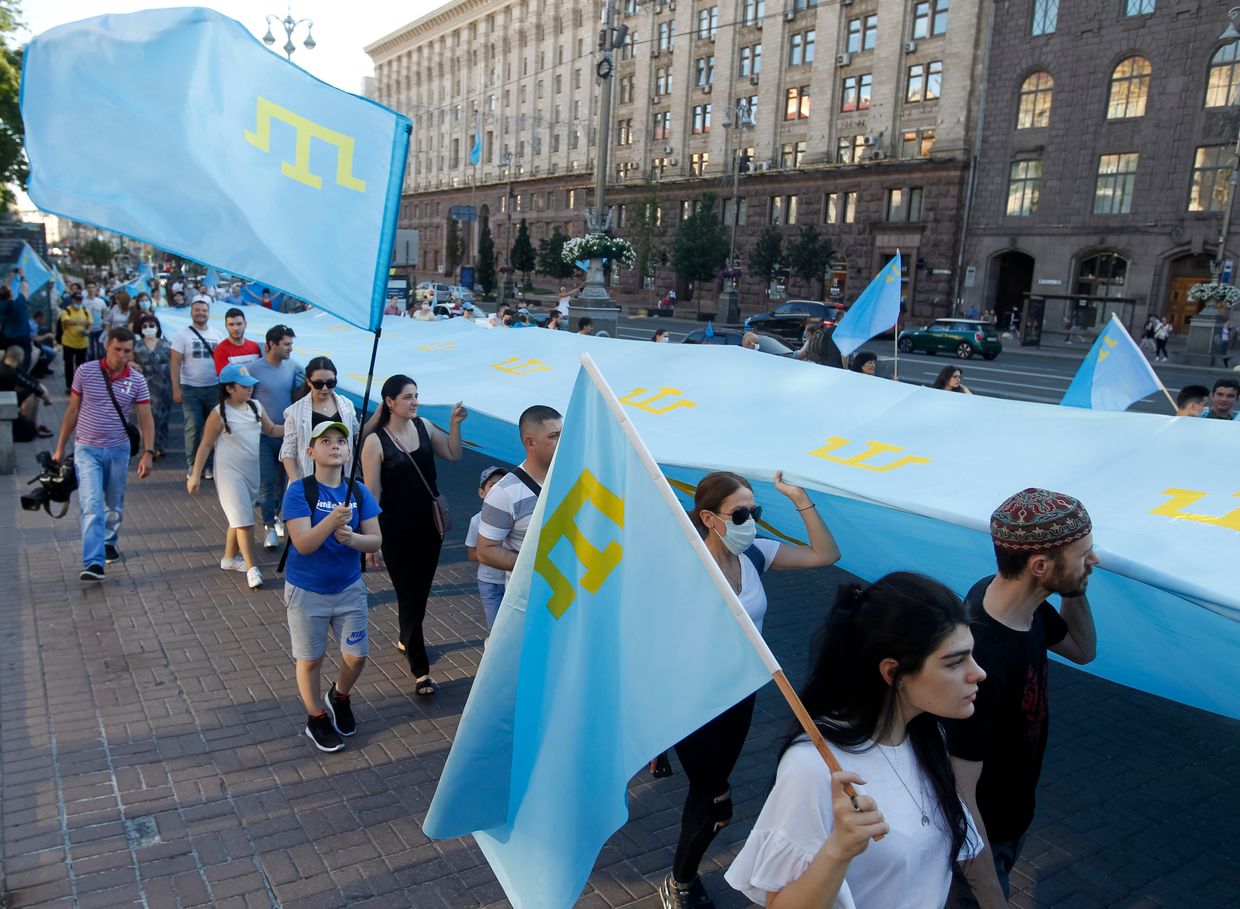
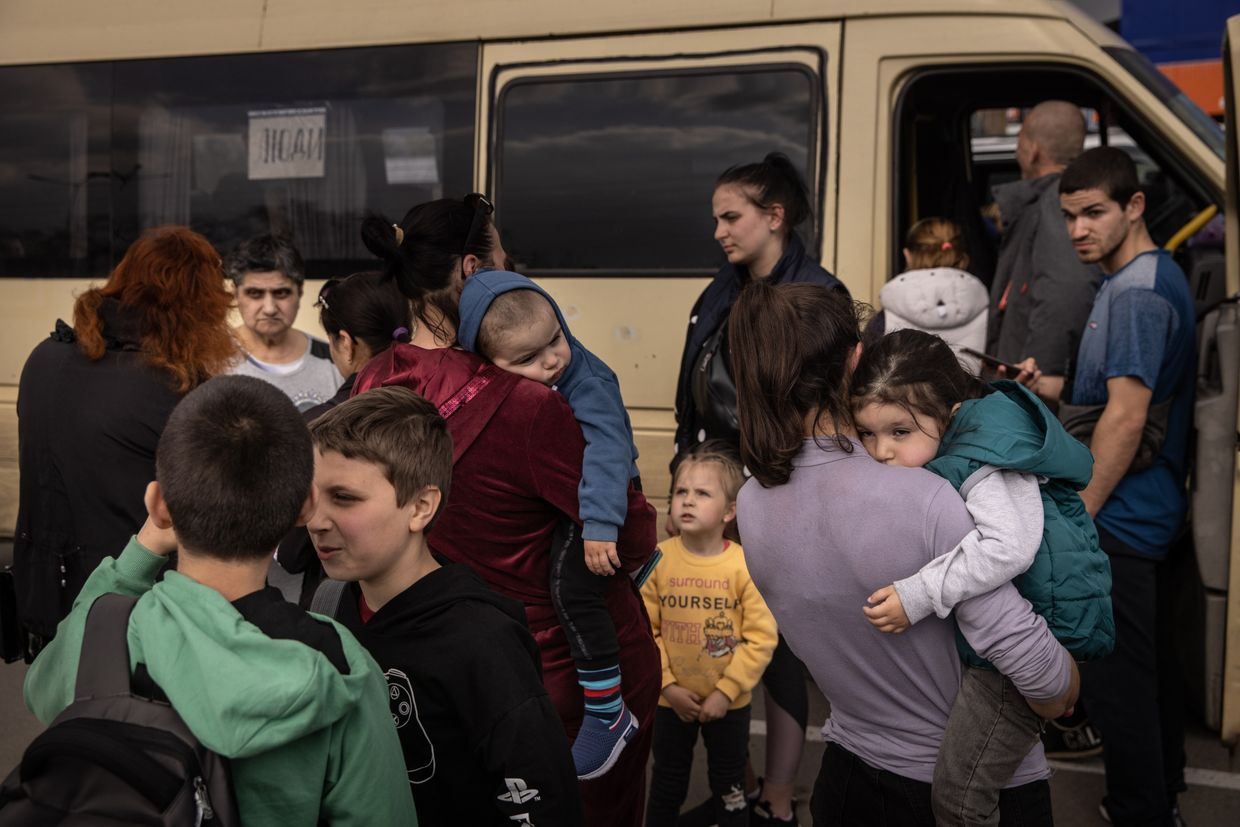
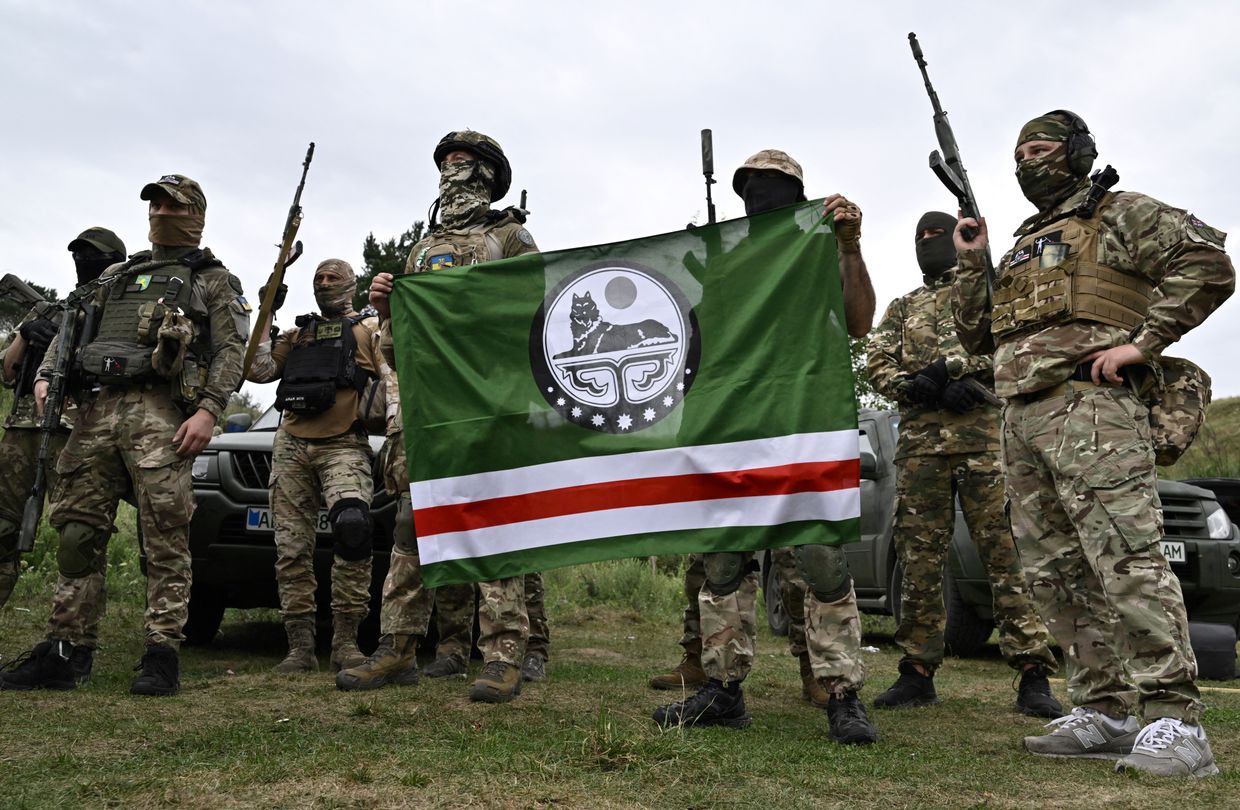





Comments